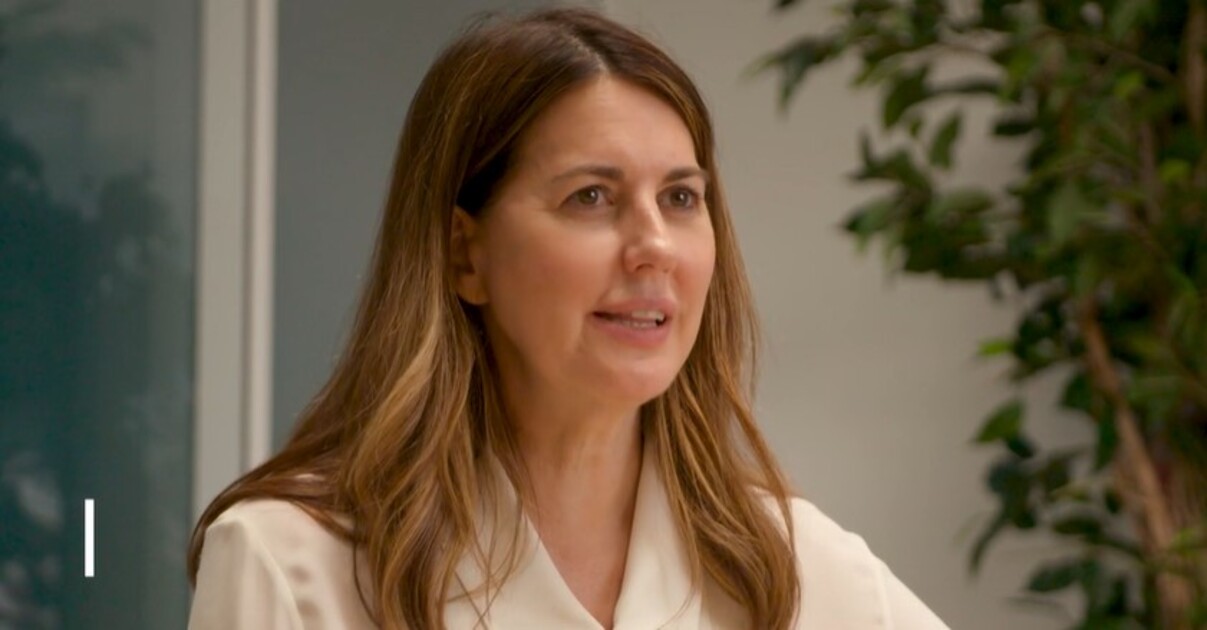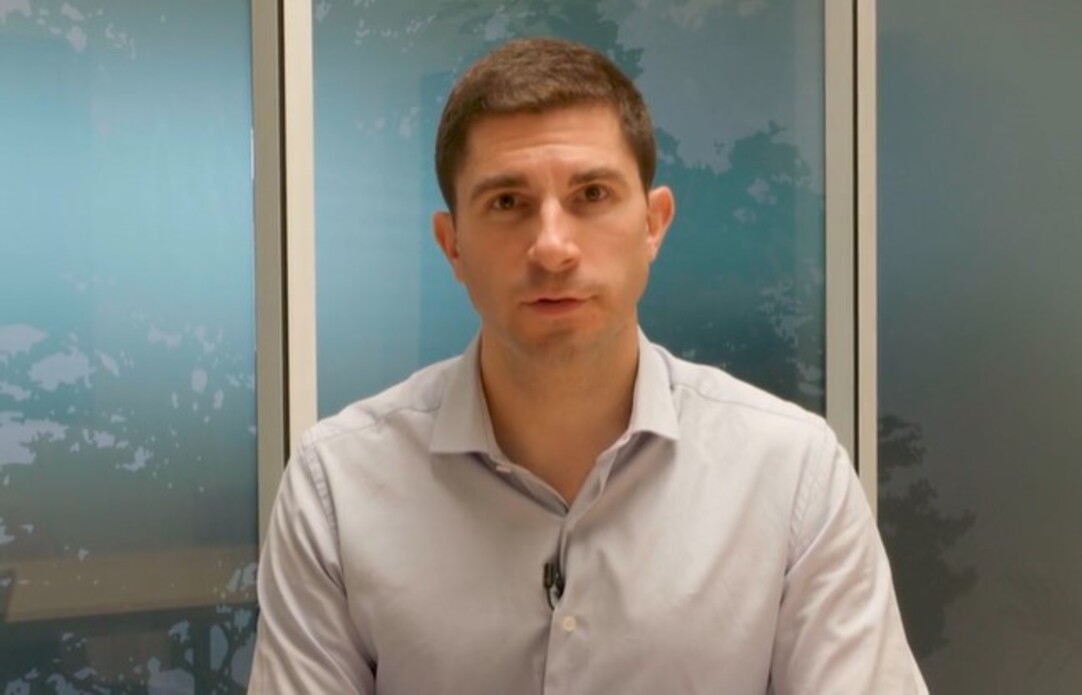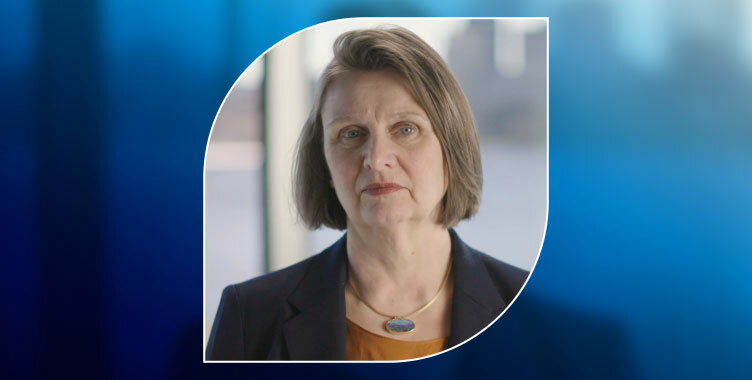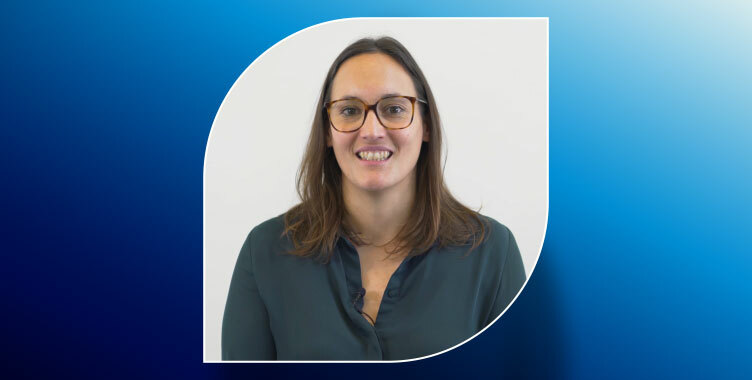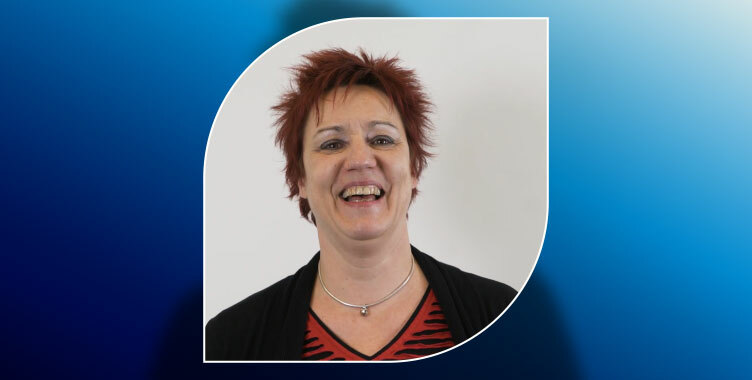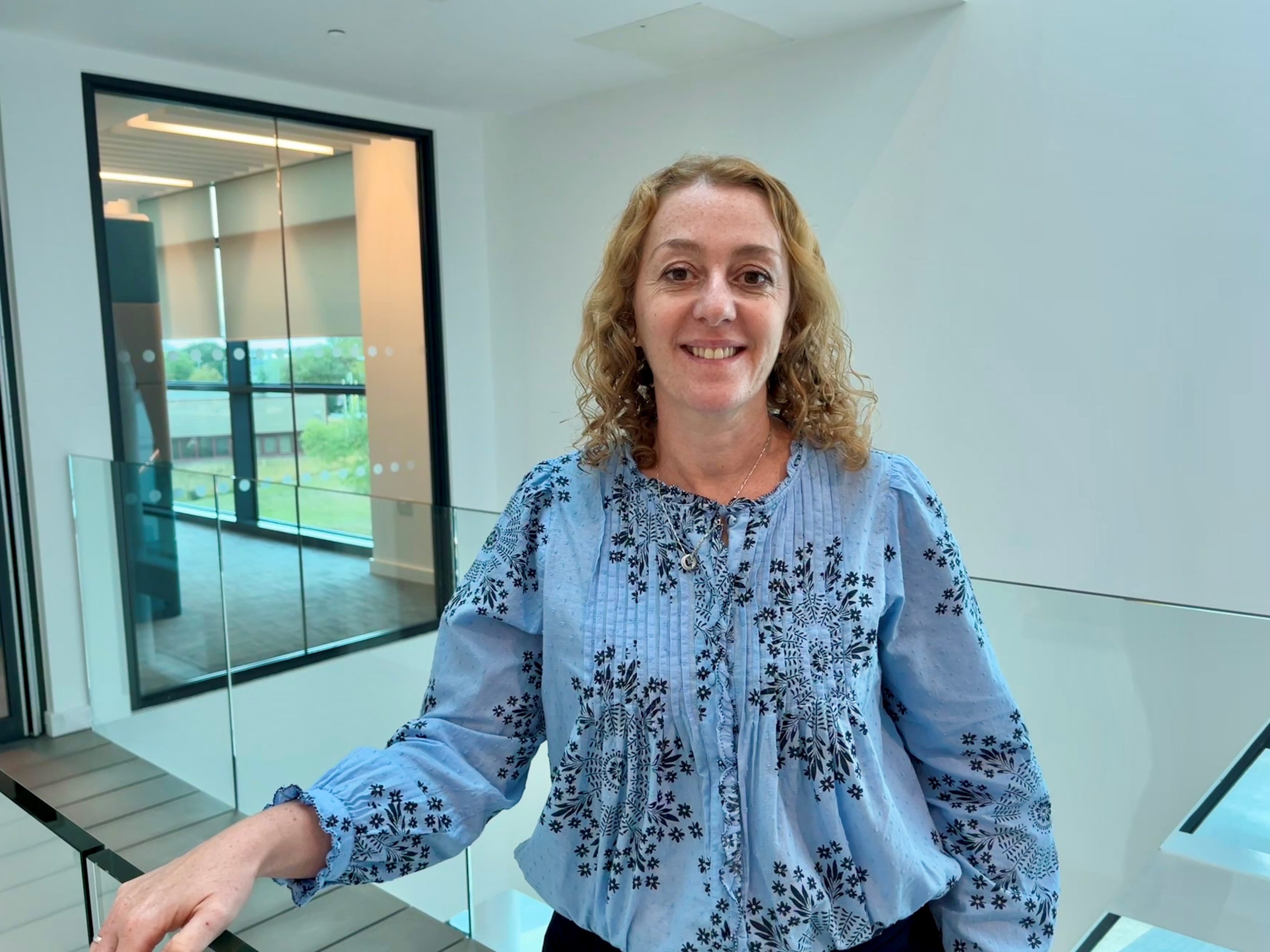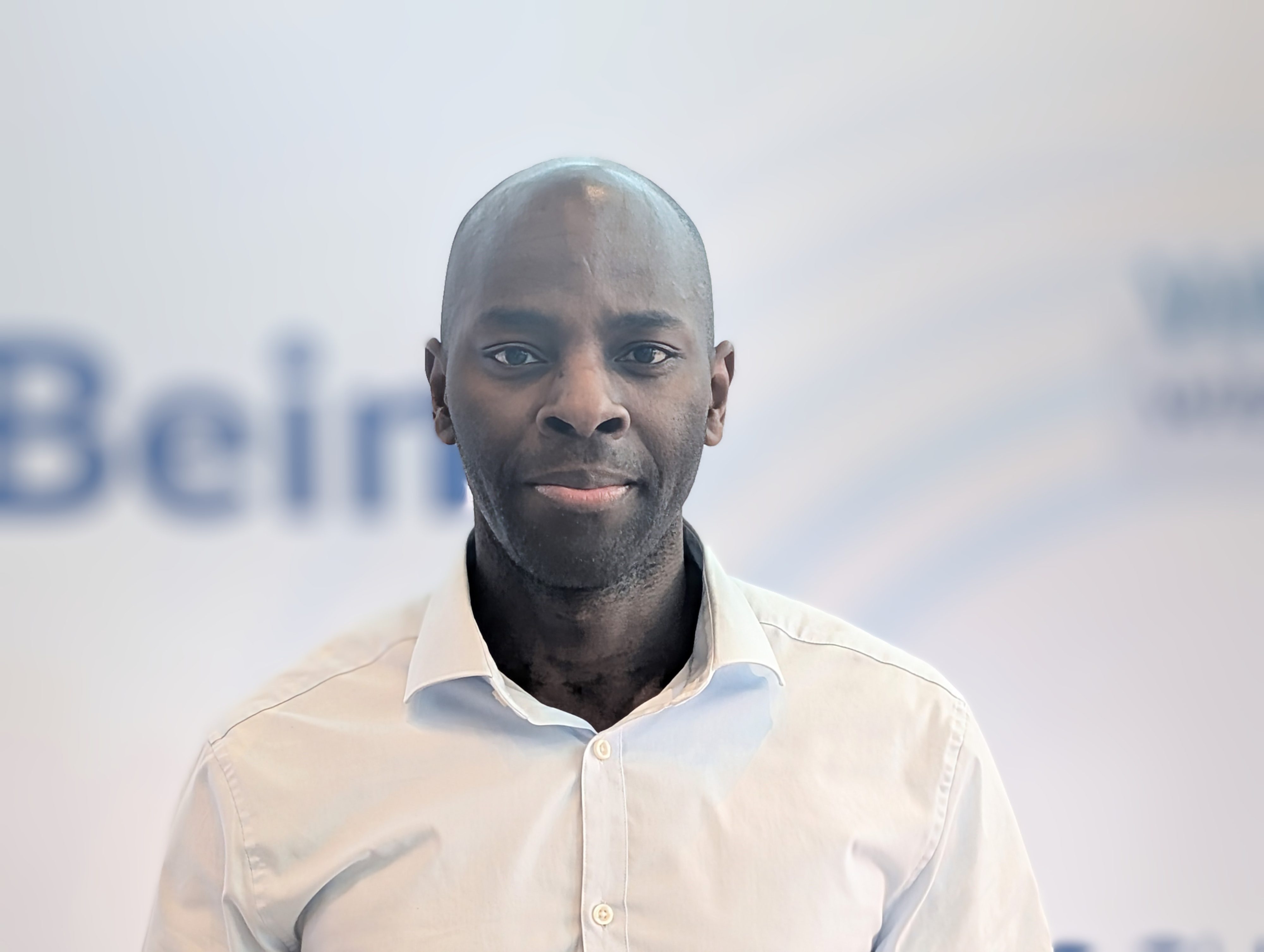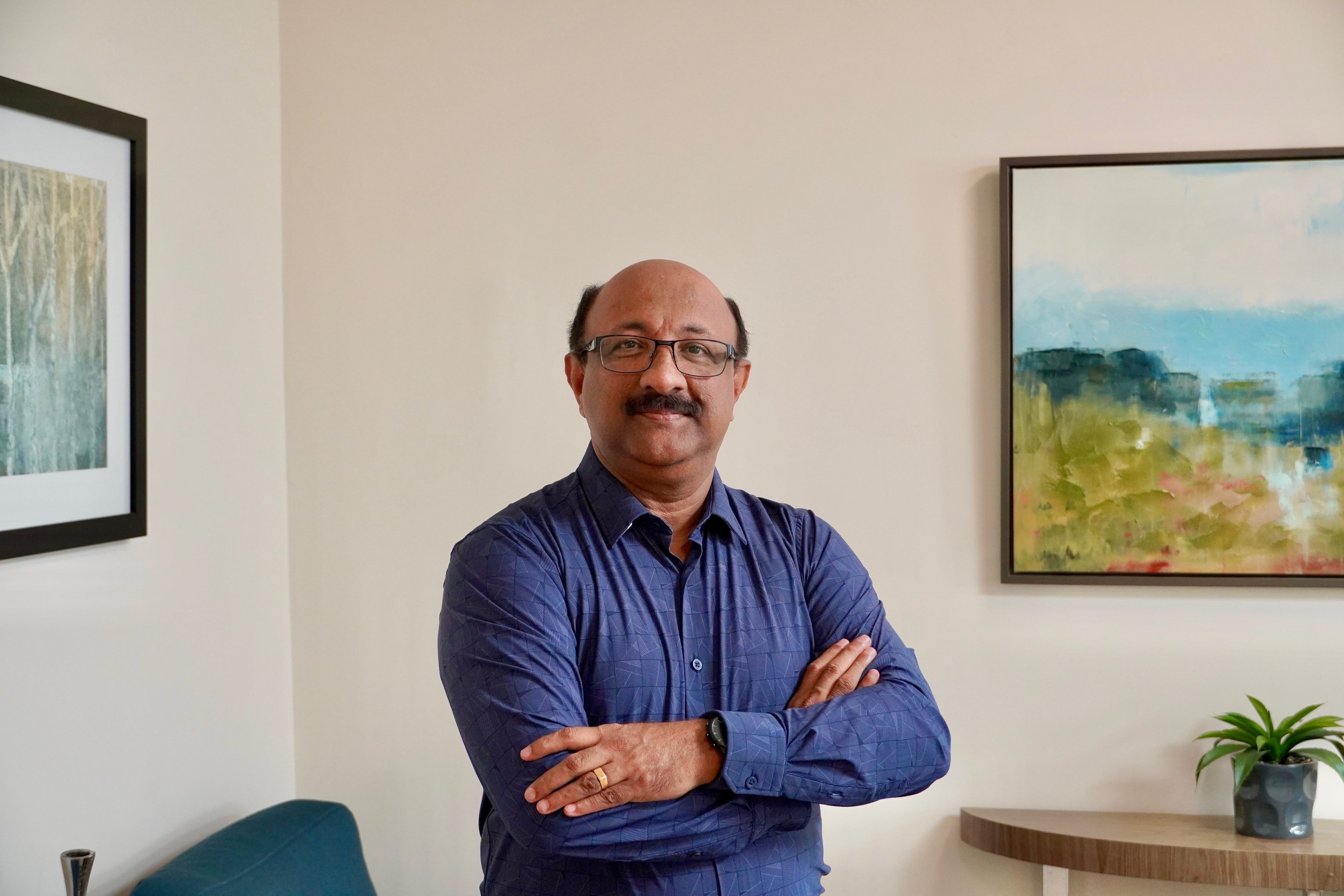Building better processes, earlier: a chemist’s perspective on innovation and sustainability
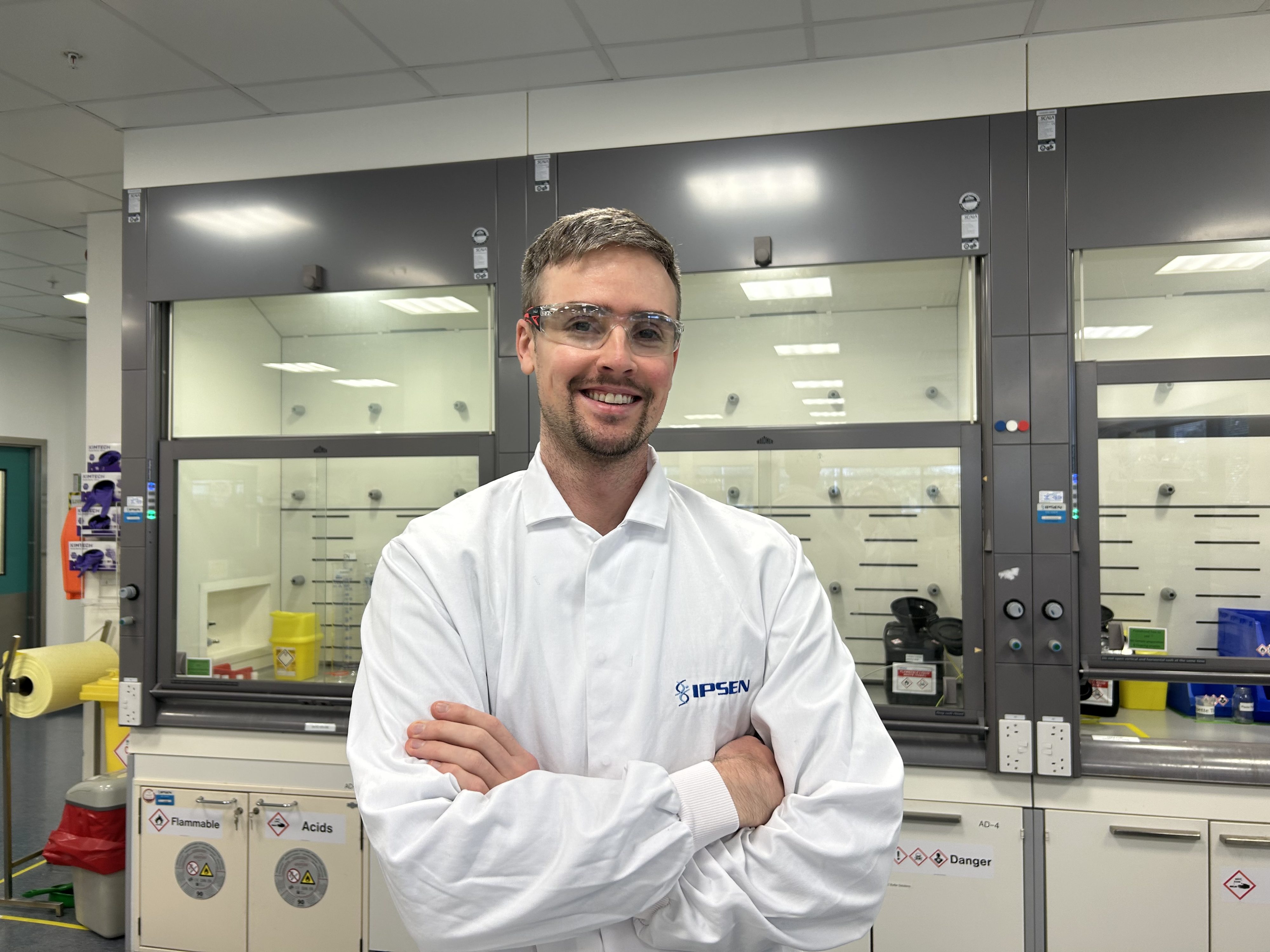
“We collaborate with our medical and chemical colleagues doing drug discovery, taking a look at the current process, and thinking about the best ways to improve efficiency and minimising environmental impact.”
Nathan McCormack focuses on the earliest stages of active pharmaceutical ingredient (API) development. This involves working alongside medicinal chemistry colleagues to identify new molecules, then working to make them practical for scale-up and manufacturing. Part of the API team in Dublin, Nathan supports new molecules for the three Ipsen therapeutic areas of neuroscience, rare disease, and oncology, partnering closely with medicinal chemistry colleagues to assess how a compound is made—and how that process will hold up under large-scale constraints. “What you use on a small scale may not necessarily translate,” he says. “In terms of safety, it’s something we have to think about on a manufacturing scale.”
Nathan’s job is not just about synthesis. He and his colleagues evaluate the feasibility of every reaction route, identifying risks and opportunities early. “We’ll support the supply of this API through preclinical and clinical stages,” he explains, “until we reach commercial manufacture.”
That role also includes tracking what happens to a compound after it enters the body. “We work closely with our external partners,” says Nathan. These partnerships play a large role in innovation and building better processes for sustainability. What excites Nathan most is driving to improve sustainability and environmental footprint. Ipsen is a member of the American Chemical Society Green Chemistry Institute Pharmaceutical Roundtable (ACS GCI PR), a collaboration with other pharmaceutical companies that Nathan and his coworkers see as critical. “We’re already taking action—benchmarking, analyzing, and changing what we do.” This is done to reduce environmental impact while maximizing scientific discovery.
That work also includes partnerships with academic labs. “They come up with some of the best innovations,” he says. “And we can help them adapt it for industrial applications.” For Nathan, sustainability is not a side project—it is the future of drug development.



